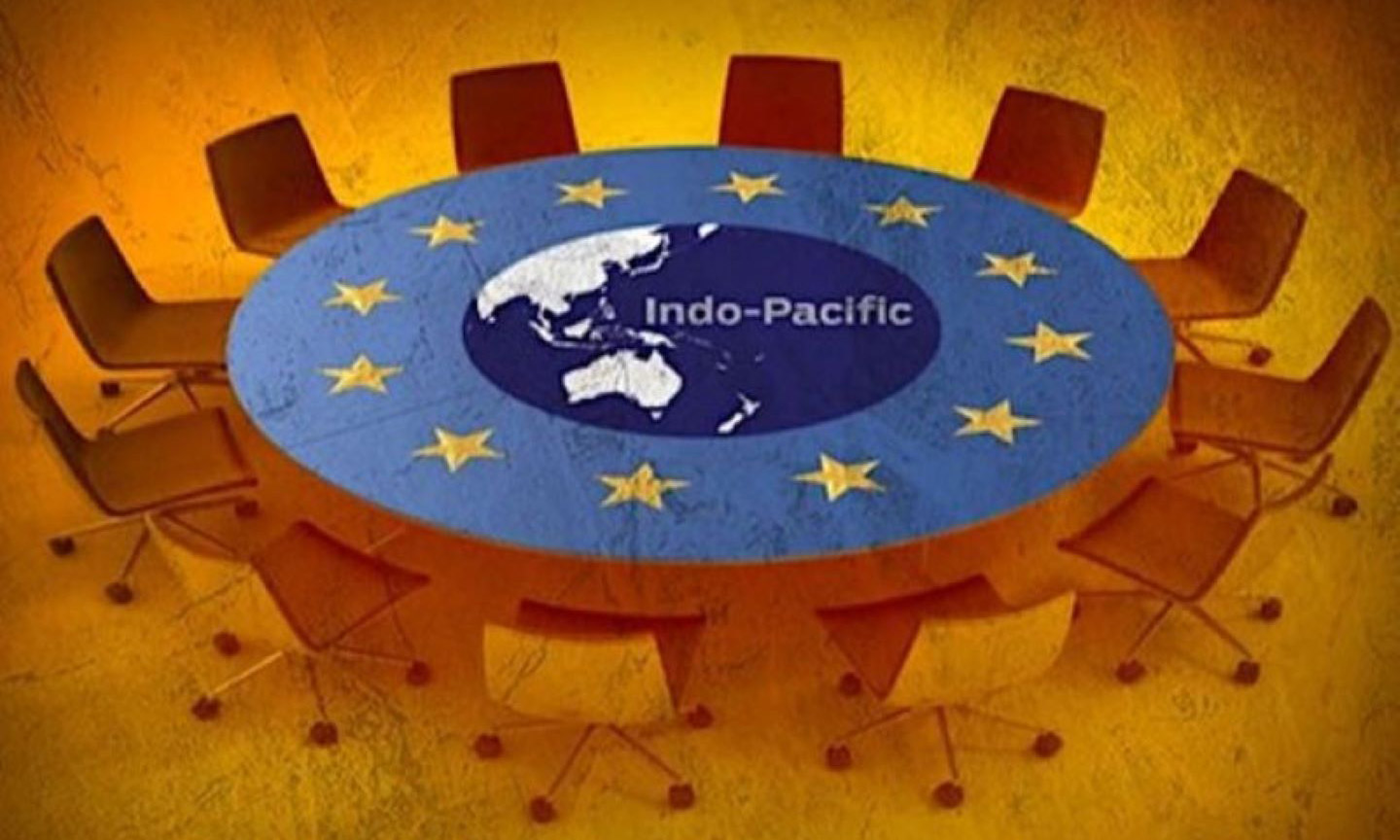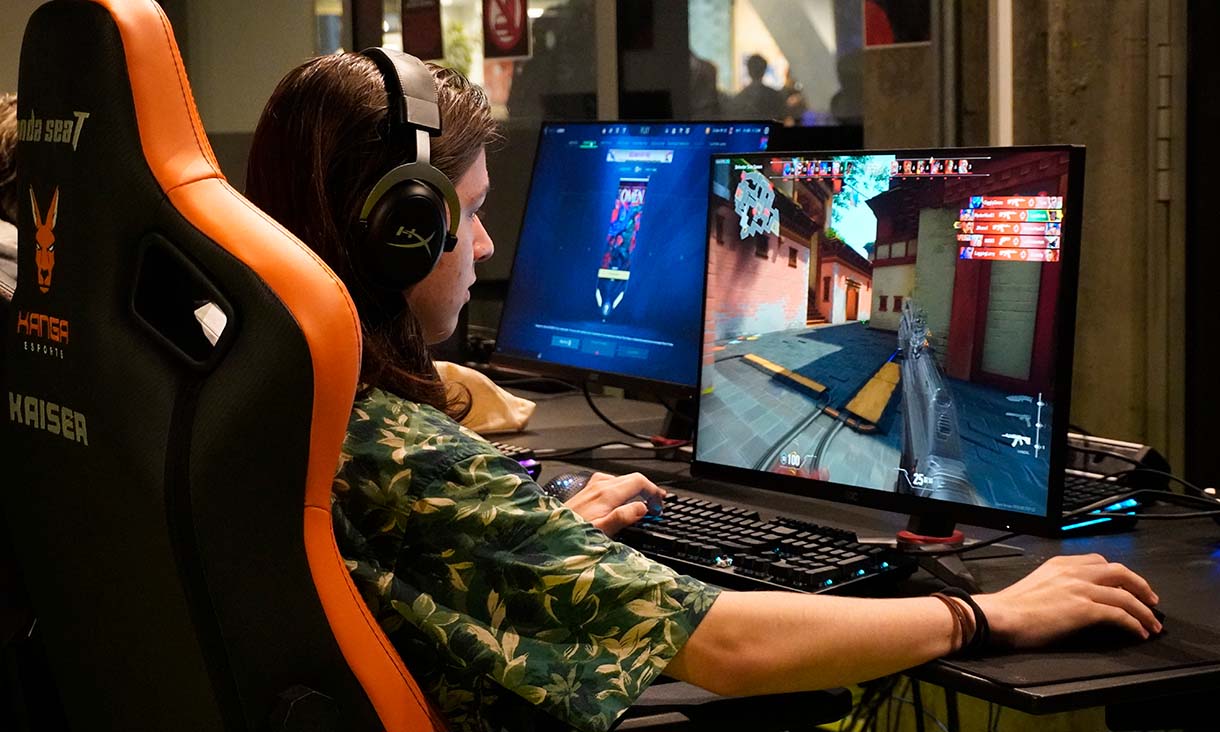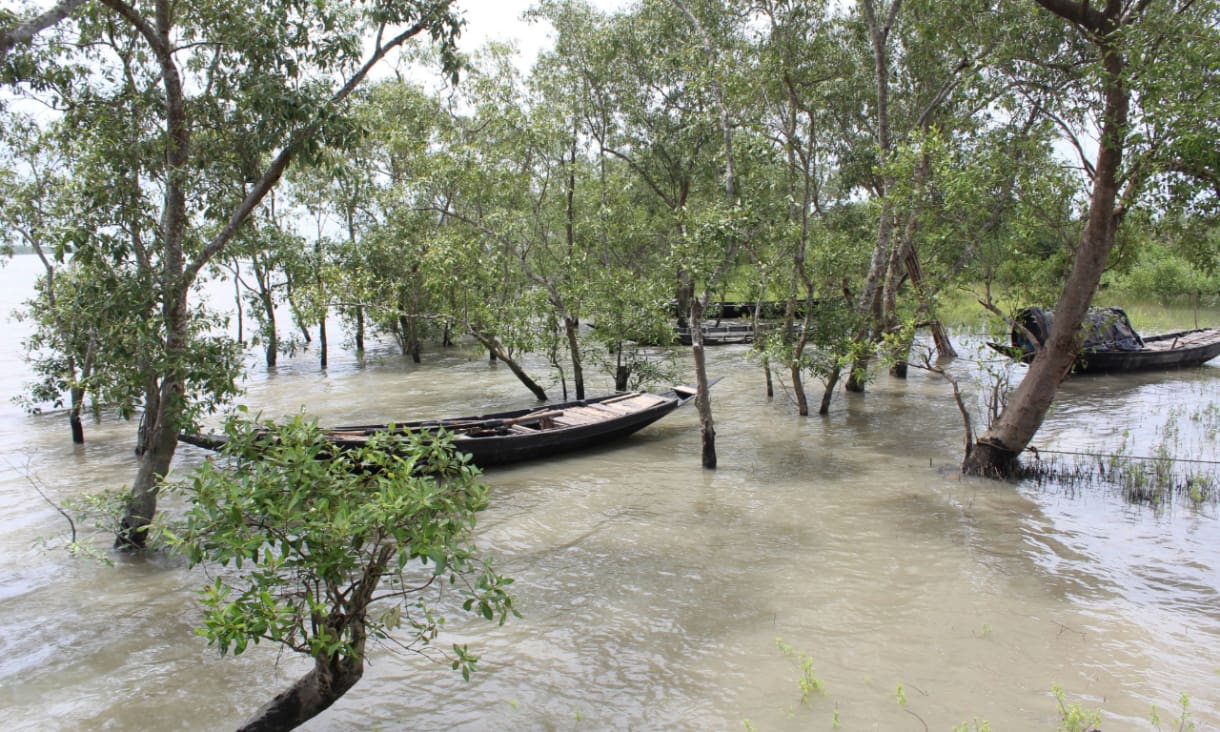Target East Asia: The Korean peninsula, Taiwan and the South China Sea. The role of the EU and NATO in containing security risks in the Indo-Pacific.
We are living through an age of strategic uncertainty marked by geopolitical friction and geostrategic tensions in Europe, Asia and other regions. Russia's invasion of the Ukraine in late February 2022 presented members of the European Union (EU) and the North Atlantic Treaty Organisation (NATO) with the most serious security challenge since the crisis in Yugoslavia. In terms of the scale of warfighting and associated political-military tensions, this conflict has proved to be the largest and bloodiest geopolitical cataclysm European nations have faced since 1945. At the same time, geopolitical and geostrategic tensions rise in East Asia. China's growing assertiveness as a rising superpower fuels strategic tensions in the South China Sea and Taiwan.
The political-military standoff on the Korean peninsula adds to geopolitical fragility of the region. Despite being preoccupied with managing Russia's actions in eastern Europe, the EU and NATO have expressed an intent to see greater involvement in the Indo-Pacific strategic affairs, aiming to contain China's territorial aspirations, and Kim Jong Un's escalating nuclear-missile ambitions. This presentation will consider what roles the EU and NATO can play in East Asian strategic affairs, and what the impact of such an involvement could be.
Guest speaker:
Dr Alexey D. Muraviev is Associate Professor of National Security and Strategic Studies at Curtin University, Perth, Western Australia. He is the founder and Director of the Strategic Flashlight forum on national security and strategy at Curtin. Between 2016 and 2021, Alexey was academic lead of Curtin defence strategic initiative. He was also a non-residential fellow at Sea Power Centre Australia, the Royal Australian Navy; inaugural scholar-in residence at the Australian Strategic Policy Institute; and national judge, Department of Defence Eureka Prize for Outstanding Science in Safeguarding Australia (2019 to 2021).
Prof Muraviev has published widely in the field of national security, strategic and defence studies. His research interests include problems of modern maritime power; contemporary defence and strategic policy; Russia as a Pacific power; Russia's strategic engagement in the Indo-Pacific; and Australian national security and defence. Among his latest publications are Alexey D Muraviev, 'Strategic Reality Check: The Current State and Prospects of Russia-China Deepening Defence Cooperation', Australian Journal of Defence and Strategic Studies, 3 (1), 2021; Alexey Muraviev, Dalbir Ahlawal, Lindsay Hughes, 'India's Security Dilemma: Engaging Big Powers while Retaining Strategic Autonomy', International Politics, 59 (6), December 2022; Alexey D Muraviev, 'Russia' in Howard M. Hensel (ed), Security Dynamics in the Gulf and the Arabian Peninsula, London and New York, Routledge, 2022. He is a member of the International Editorial and Advisory Board, The Australian Journal of Defence and Strategic Studies, Australian Department of Defence; member of the Australian Member Committee, Council for Security Cooperation in the Asia-Pacific region (AU-CSCAP); member of the International Institute for Strategic Studies, London; member of the Advisory Board, Australia Public Network, and other organisations and think tanks. Prof Muraviev is regularly interviewed by national and international media, among them ABC TV and Radio, the Australian, Sydney Morning Herald, BBC World News and BBC Radio, Bloomberg, CNN, Fox News, TRT World, Channel News Asia, The New York Times, The Washington Post, the Financial Times and others. He is the Contributor and Strategic Policy Analyst at the Sky News Australia.










